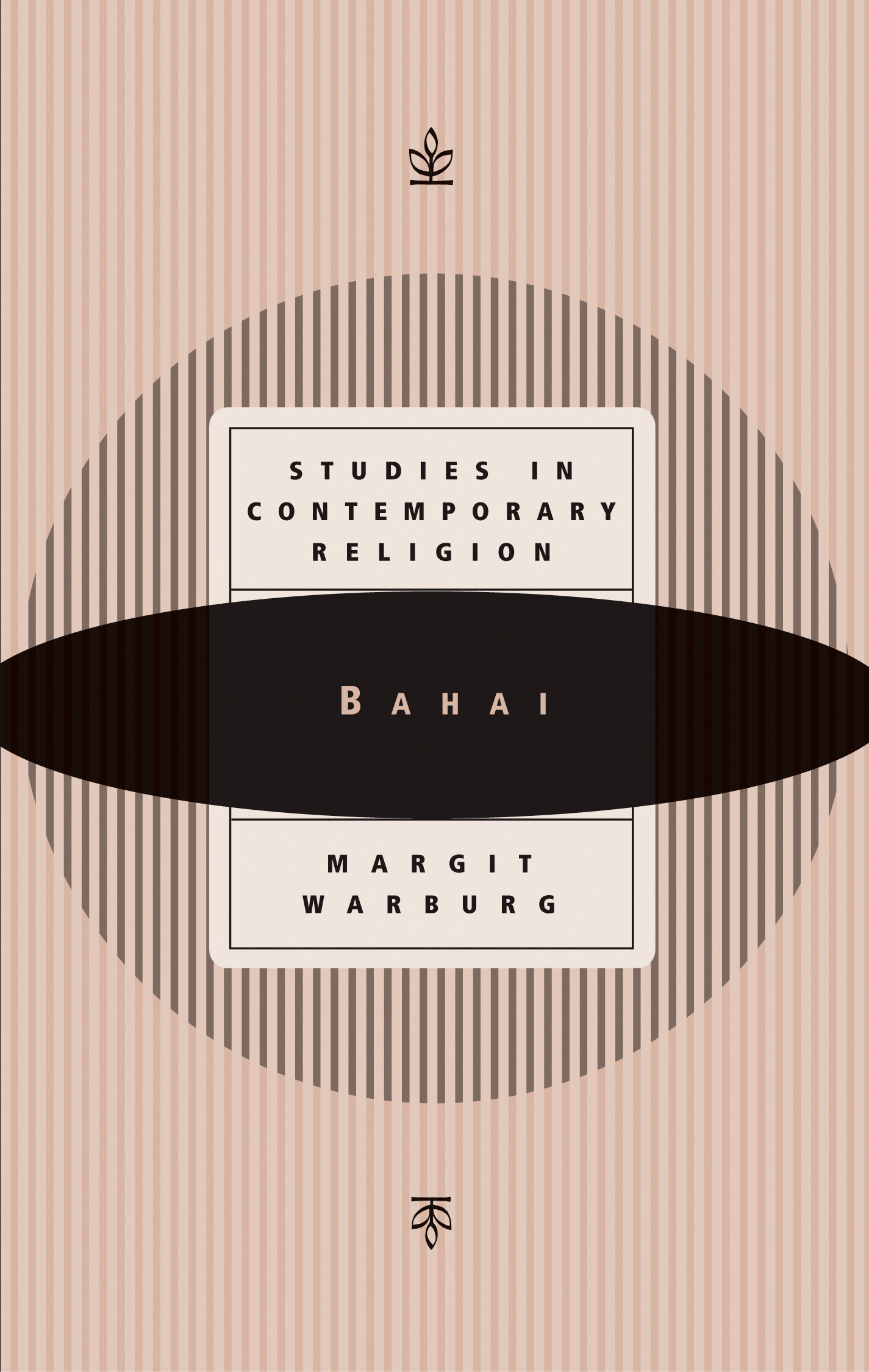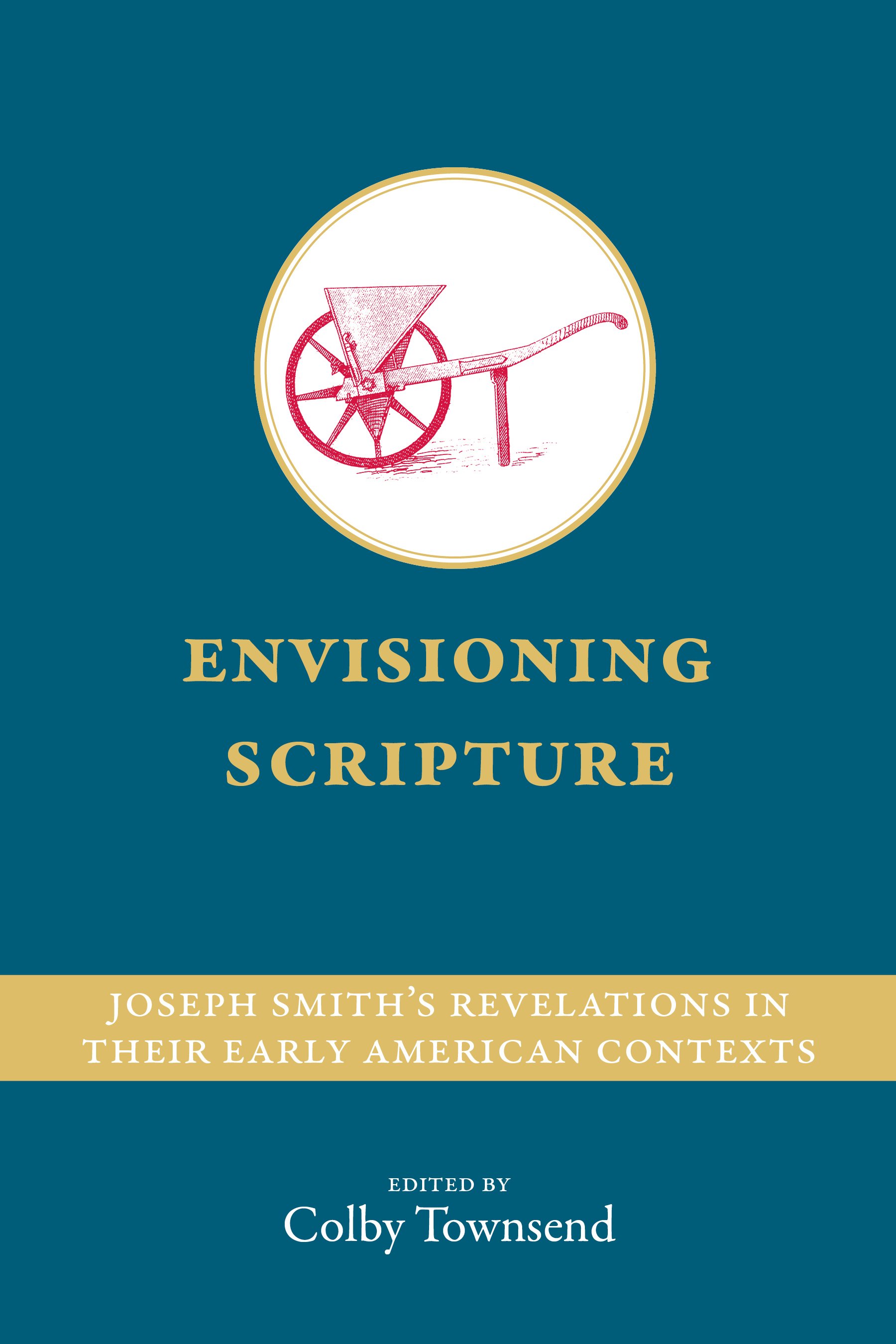Margit Warburg is an associate professor in the sociology of religion at the University of Copenhagen.She serves on the advisory board of the Danish Ministry of Ecclesiastical Affairs and is co-chair of the academic Research Network on New Religions (RENNER). She has studied Baha’is for nearly twenty-five years. Her investigations have led her to the Baha’i World Centre in Haifa and Baha’i communities in Africa, Asia, and Europe. She is the co-editor with Eileen Barker of New Religions and New Religiosity and the author of books on eastern European Judaism and topics in the sociology of religion.
Religion
ISBN: 978-1-56085-365-7








